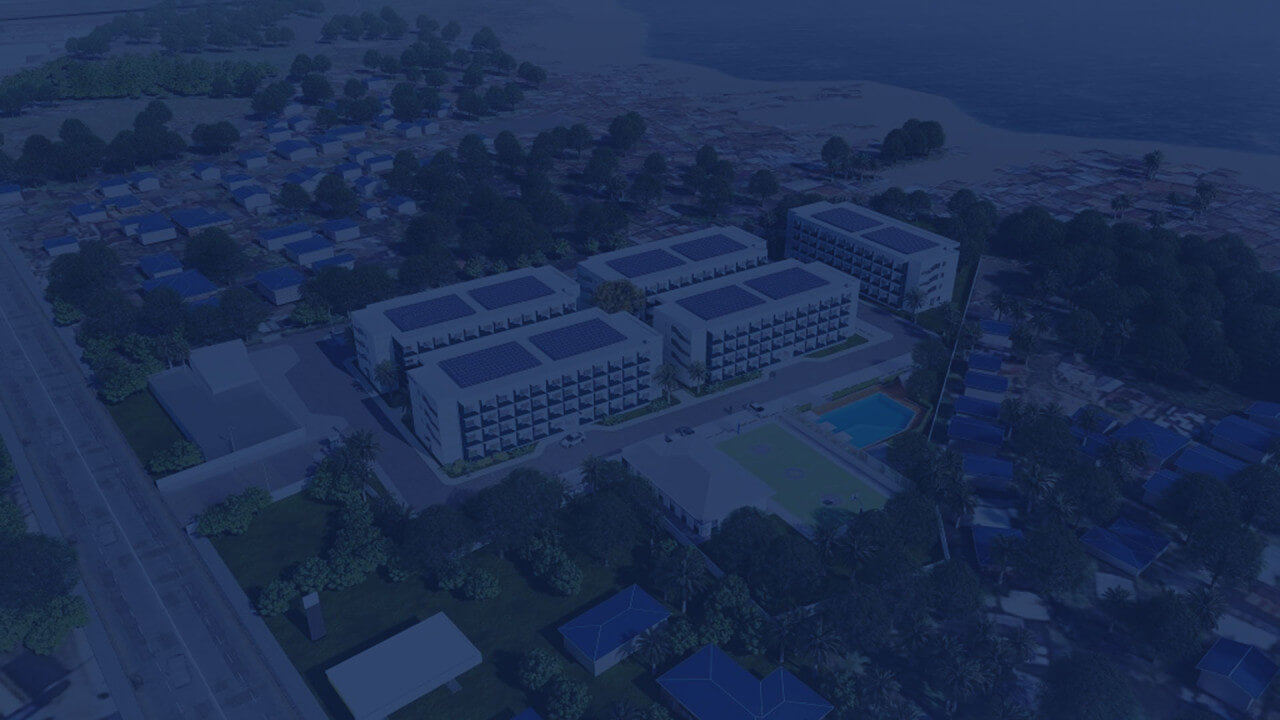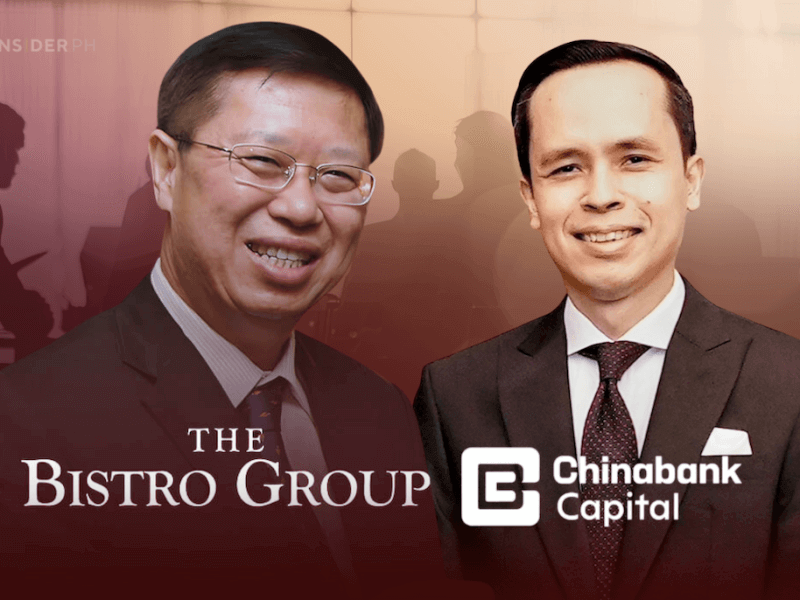

“We’re looking at either January or February,” said Jan Michael Lim, chief investment officer of Chua-led Premium Infinite Ventures, the parent firm of PremiumLands.
Lim explained details were still being finalized, including the offer price. PremiumLands acquired ABG for P510 million.
He said this is equivalent to P2.55 per share, which will serve as the floor price for the mandated tender offer.
“Our financial advisor might have a different perspective so we’re listening to that. We just can’t go below P2.55,” he said during an interview with reporters and editors.
No. 1 stock gainer
Speculation over the takeover caused a surge in ABG shares, which last traded at P26.20 per share before being suspended on Dec. 16 after its purchase was disclosed.
ABG was the No. 1 gainer of 2024, with a yearly gain of about 770 percent from its opening price of P3.01 per share, data from the Philippine Stock Exchange showed.
Shift to affordable housing, construction
Under Chua’s group, ABG will transform into an active player in construction and real estate, primarily focused on mass market and affordable housing.
This differs from the mid-market segment, which is currently experiencing an oversupply in Metro Manila that some experts say could last several years.
“The housing backlog right now is more than 6 million homes. We’re only less than 1 percent as a developer,” said the 43-year-old Chua, a civil engineer who ventured beyond his family’s business in Leyte.
Overlooked segment
ABG aims to acquire Chua’s Kabalayan Housing Corp. in the third quarter of 2025 to jumpstart their foray into affordable housing, where homes are priced from P1.4 million to P2.5 million.
He acknowledges that the segment has been overlooked for years due to poor profit margins but plans to address this by improving efficiency.
“This is why the housing gap keeps growing. If it’s not going to be resolved, it’s going to get bigger,” he said.
Competitive advantage
Chua’s group utilizes pre-cast technology from Singapore to efficiently construct affordable homes.
This approach enables the firm to produce units in its various factories, which are then transported and assembled on-site, ensuring faster project completion.
To keep costs in check, the group uses construction materials from its mining affiliates. It also imports cement from Vietnam, using vessels operated via its logistics division.
“This makes us lower cost than average contractors [because] we have the whole ecosystem,” Chua said.
Thinking like a tech giant
Lim said their plan is to build 50,000 homes over five years but even that would just be scratching the surface.
So, the group is addressing the problem much like tech giants do, by licensing their technology and products to competitors to grow the industry and its own bottom line.
“For Kabalayan, once the proof of concept is done, we’re going to sell the modular units to all the developers and contractors,” Chua said.
“Getting permits, the land is hard. What we can do is help other contractors, developers by providing the technology,” he said.
This will fall under phase two of the merger with ABG, which includes the consolidation of businesses such as Concrete Stone Corp. (CSC), Industry Movers Corp., and their 14.3 percent interest in listed construction giant EEI Corp. by 2026.
Manufacturing play
Among his several businesses, Chua believes CSC will become their new flagship, as it will play a pivotal role in supporting construction and modular housing initiatives.
Apart from producing construction inputs such as sand and gravel, it operates precast plants in Mariveles, Batangas; Albuera, Leyte; and Lupon, Davao Oriental.
It also operates crusher sites, where large rocks are processed into smaller sizes for construction, in Luzon (Mariveles, Mindoro, Bataan), Visayas (Panay and Leyte) and Mindanao (Misamis Oriental and Davao Oriental).
Finally, CSC runs ports in several of those locations.
Backdoor instead of IPO?
According to Lim, they considered an initial public offering (IPO) but decided a backdoor would be much faster.
“We had plans for an IPO for the longest time already and we’ve been talking to investment bankers. But when an opportunity came to do a backdoor listing we decided to do it,” he said.
The group is also planning to do a follow-on share offer to raise about P2 billion to P3 billion for 20-30 percent of ABG.
What’s next?
The group is considering rebranding ABG, but any change will come after phase 2.
As for the new name, Chua admits he’s unsure whether it should include his own.
“In all my companies, I didn’t put my name because I don’t want to be here forever,” he said.

Miguel R. Camus has been a reporter covering various domestic business topics since 2009.

